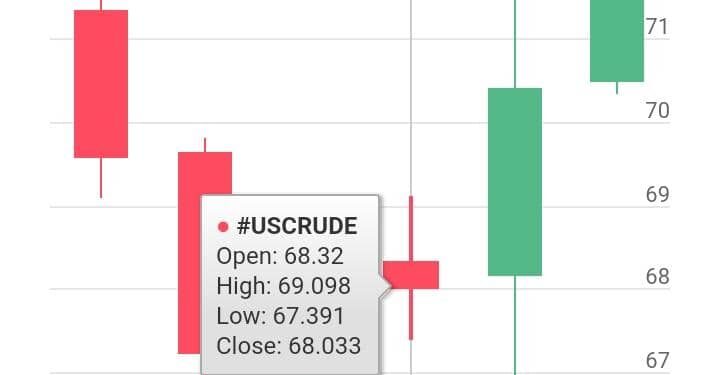Oil prices soared by over a dollar in early trading today amid rising concerns that intensifying conflicts in the Middle East could disrupt crude production, particularly following Iran’s significant military strike against Israel. Brent crude climbed 1.36% to $74.56 per barrel, while U.S. West Texas Intermediate (WTI) rose 1.53% to $70.90.
On Tuesday, oil prices had already jumped about 3% in response to Iran’s ballistic missile launch aimed at Israel, a reaction to Israeli military actions against Hezbollah in Lebanon. Brent futures closed at $73.56, marking a substantial increase, while WTI settled at $69.83. The day was marked by alarms sounding throughout Israel as explosions were reported in Jerusalem and the Jordan River valley, forcing residents into bomb shelters.
Iran characterized the strikes as retaliation for attacks on Gaza and Lebanon, along with the recent assassinations of leaders from Hamas, Hezbollah, and the Islamic Revolutionary Guard Corps (IRGC). In turn, Israeli officials have vowed to respond decisively to Iran’s missile barrage targeting key military and security sites.
The conflict’s potential impact on global oil supplies is heightened by Iran’s role as an OPEC member, with its production reaching a six-year high of 3.7 million barrels per day in August, constituting about 4% of the world’s supply. A meeting of OPEC+ ministers is scheduled for later Wednesday to assess the market, although no immediate policy changes are anticipated. Starting in December, OPEC+ plans to boost output by 180,000 barrels per day.
In South Korea, President Yoon Suk-yeol expressed concerns over the nation’s energy supply amid the escalating crisis. His administration convened national security and economic advisers to discuss potential impacts on the country’s energy resources.
For Nigeria, the rising oil prices may signal an improvement in government revenue and foreign reserves. However, with the Nigerian National Petroleum Corporation (NNPC) transitioning to a cost-reflective pricing model, higher crude prices could lead to increased petrol costs. This poses a challenge for Nigerians, who are already facing record fuel prices exceeding N1,000 per liter in major cities.























































